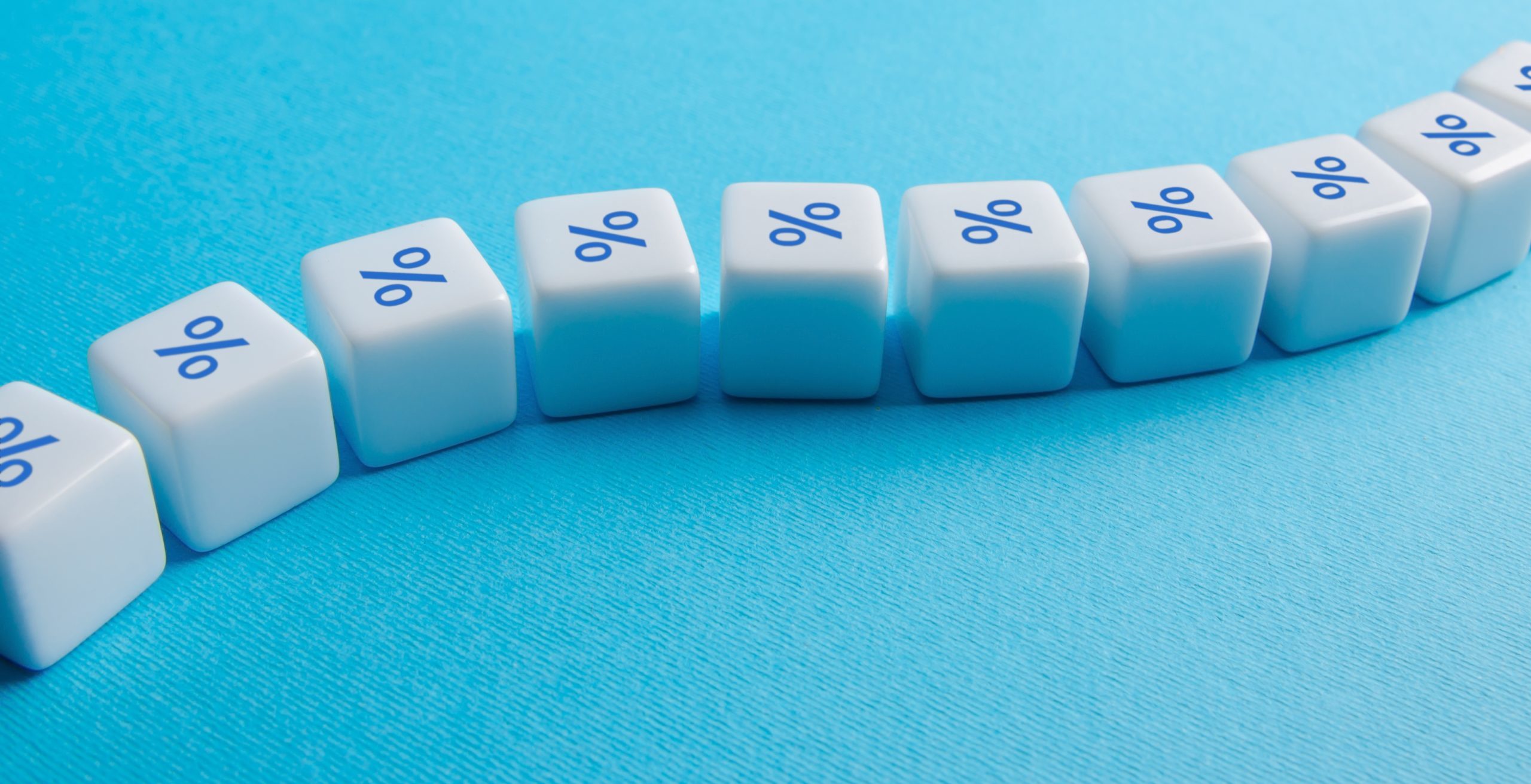
Key takeaways
-
The Federal Reserve is the central bank of the United States.
-
When interest rates rise, it can affect the price of mortgages.
-
Fed policies can reduce inflation, but it can also cause it to increase.
What is the Federal Reserve?
The Federal Reserve (or “the Fed”) is the central banking system of the United States. It is the most powerful economic institution in the country because its core responsibility is to manage interest rates, the U.S. money supply and to regulate financial markets. Therefore, the Fed’s mission is to keep the US economy balanced and stable.
You might ask, “If that’s their job, why is the current economy so crazy?”
Here’s why.
In the current economic climate, inflation has corrupted the stability of this ecosystem. Prices for everything from fuel to food have risen, impacting consumers, businesses, and investors. High inflation signals an overheated economy. Think of it as a train moving too fast. if it doesn’t slow down, it can crash. If economic growth continues to accelerate, demand grows, and prices will continue to rise. This is where the Fed steps in to slow down the train before it crashes.
To counteract high inflation and economic wobbles, the Fed raises what’s called the federal funds rate. That’s the interest rate large commercial banks charge each other to borrow or lend excess reserves overnight. When the Fed raises the federal funds rate, the goal is to increase the cost of credit, making it more expensive to borrow for businesses and consumers.
This cools down an overstimulated economy by diminishing purchasing power. As a result, demand decreases, and lower prices follow. We’ve seen home purchases slowing in the past several weeks. This is a direct result of the Fed’s policy.
When the Fed makes it more expensive for banks to borrow, this trickles down to the consumer, making it more expensive for them to borrow as well. This impacts short-term products the most, like credit cards and home equity lines of credit (HELOC). Credit cards have variable interest rates as do most HELOCs, which is why they are impacted immediately.
If you have a variable interest rate this means when the Fed raises the federal funds rate, your interest rate will go up – usually starting with the next monthly payment. This is where consumers have felt the most pain because many rely on credit cards to make basic purchases when cash is tight. The upside happens when prices go down: the goal of the Federal Reserve is accomplished, and the economy stabilizes again.
In the case of buying a home, the federal funds rate influences the interest rate for longer-term loans such as mortgages but does not dictate it.
Mortgage rates are determined by seven factors:
- credit score
- home location
- home price and amount
- down payment
- loan term
- interest rate type
- type of loan
Some of the factors are not influenced by the Fed and are based on the individual homebuyer.
The Federal Reserve has influence on mortgage rates, because when they make it more expensive for banks to borrow from one another, those higher costs are passed down to the consumer. Usually, with a rise in the federal funds rate, there is a rise in mortgage rates. Rising rates can make buying a home more expensive, but it can also help drive home prices down.
We hope this helps you understand how the central bank operates, and what effect its actions have on our personal pocketbooks. As the rest of the year unfolds, we’ll learn if Fed policy reduces inflation and stabilizes the economy – and gets that train moving at just the right speed.
The blog articles published by Unlock Technologies are available for general informational purposes only. They are not legal or financial advice, and should not be used as a substitute for legal or financial advice from a licensed attorney, tax, or financial professional. Unlock does not endorse and is not responsible for any content, links, privacy policy, or security policy of any linked third-party websites.”


